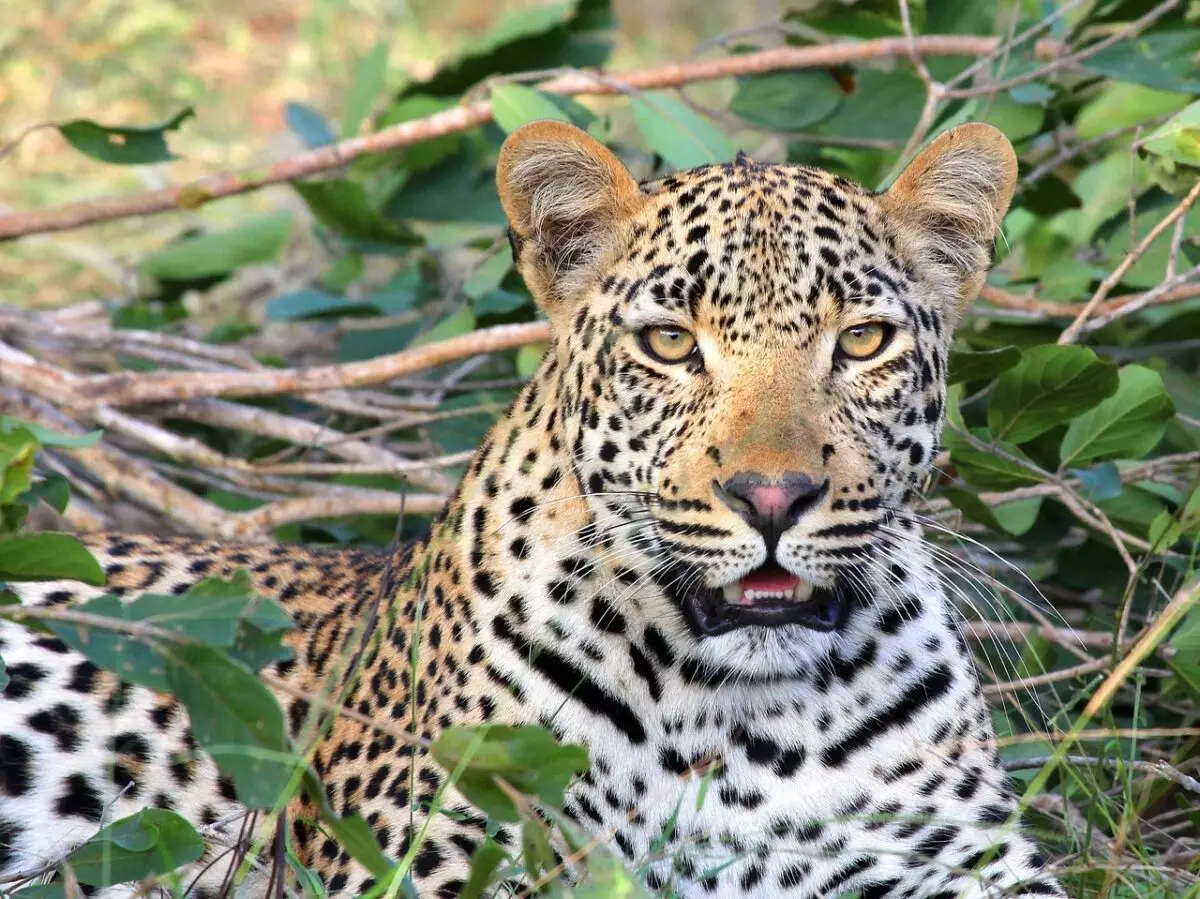Exotic pets undoubtedly captivate a segment of animal lovers, offering an escape from the mundane world of traditional domestic companions. The allure of owning a majestic tiger or a colorful poison dart frog is hard to resist. However, engaging in such a pursuit comes with profound responsibilities and risks that exceed mere practicality. This article seeks to explore the multitude of complexities and dangers involved in keeping exotic animals as pets, demanding serious consideration from potential owners.
The Instinctual Dangers of Wild Creatures
Among the primary challenges of owning exotic pets is their instinctual behavior, which often contradicts domestication. Wild animals, such as big cats and large reptiles, possess innate instincts shaped by millennia of evolution. Even when raised in captivity and handled from a young age, these animals retain their natural predatory traits. For instance, tigers, while being beautiful and charismatic, are fundamentally wild creatures with unpredictable behavior. Their powerful muscles and sharp claws make them a danger to their owners and themselves, leading to potentially fatal encounters. The concept of “taming” these animals is misleading, as their instinctual responses can be triggered under stress or threat, rendering them uncontrollable.
The larger and stronger the exotic animal, the greater the risk it presents. For example, animals like alligators and crocodiles are enticing to some due to their prehistoric allure. People may assume they can manage these formidable reptiles; however, their brute strength can lead to disastrous consequences. An alligator’s bite can exert over 2,000 pounds of pressure! Similar dangers arise when owning powerful carnivores like bears and lions, whose sheer size and muscle mass dwarf that of humans. The physical capabilities of these creatures make them unsuitable as pets, as the dynamic of owner and animal shifts dramatically under duress, often leading to violence.
The Complexity of Care and Environment
Exotic animals often require specialized environments that mimic their natural habitats to thrive. This care extends beyond providing food; it encompasses creating spaces that meet their complex physical and psychological needs. For example, chimpanzees necessitate vast areas for social interaction and physical activity, while venomous snakes require specific temperature-controlled environments to regulate their metabolism. The average pet owner, even with the best intentions, is ill-equipped to meet these requirements. Failing to provide proper conditions can lead to health issues for the creatures and dangerous situations for the owner.
Possessing exotic animals is often fraught with legal concerns and ethical dilemmas. Many regions have stringent regulations or outright bans on the ownership of certain species. This legal framework is enacted in recognition of the potential dangers presented by these animals, as well as the risk of endangerment of species in the wild. Moreover, ethical considerations come into play when assessing the welfare of these animals. Many are taken from their natural habitats or bred in settings that do not replicate their needs, leading to lives of distress and unnatural behaviors. Supporting the exotic pet trade can worsen conservation efforts, drawing attention away from legitimate wildlife preservation initiatives.
Beyond their physical capacities, exotic pets introduce behavioral unpredictability. Animals such as hyenas and wolves possess inherent pack instincts, which can lead to aggression when they feel their territory is threatened. The psychological ramifications of sheltering such animals can affect both parties: the owner, who may face severe consequences in cases of aggression, and the animal itself, which may struggle to adjust to a domesticated lifestyle. Furthermore, many exotic animals experience elevated stress levels when confined, leading to destructive behaviors.
The Dark Reality of Exotic Animal Ownership
Ultimately, the allure of owning an exotic pet can overshadow the complex realities associated with such a decision. While the fantasy of housing a beautiful, wild creature is enticing, the consequences are often far removed from the romanticized image. The risks of injury, legal repercussions, and ethical dilemmas combine to form a daunting case against the ownership of these animals.
While exotic pets may offer fleeting thrills, the safety of both the animal and the potential owner must come first. It’s crucial to respect these amazing creatures for their natural attributes, recognizing that they belong in their ecosystems rather than confined to human homes. Embracing this mindset ensures the well-being of exotic animals and promotes a more responsible and humane attitude toward our relationship with nature. Ultimately, the wild is where they truly belong, away from the dangers and stresses of domestication.

